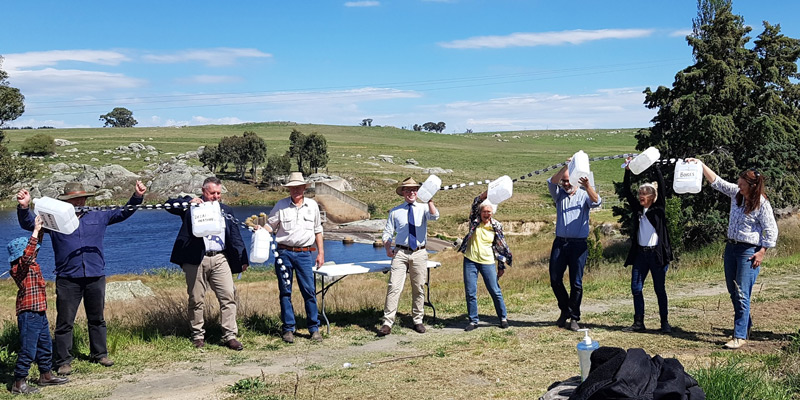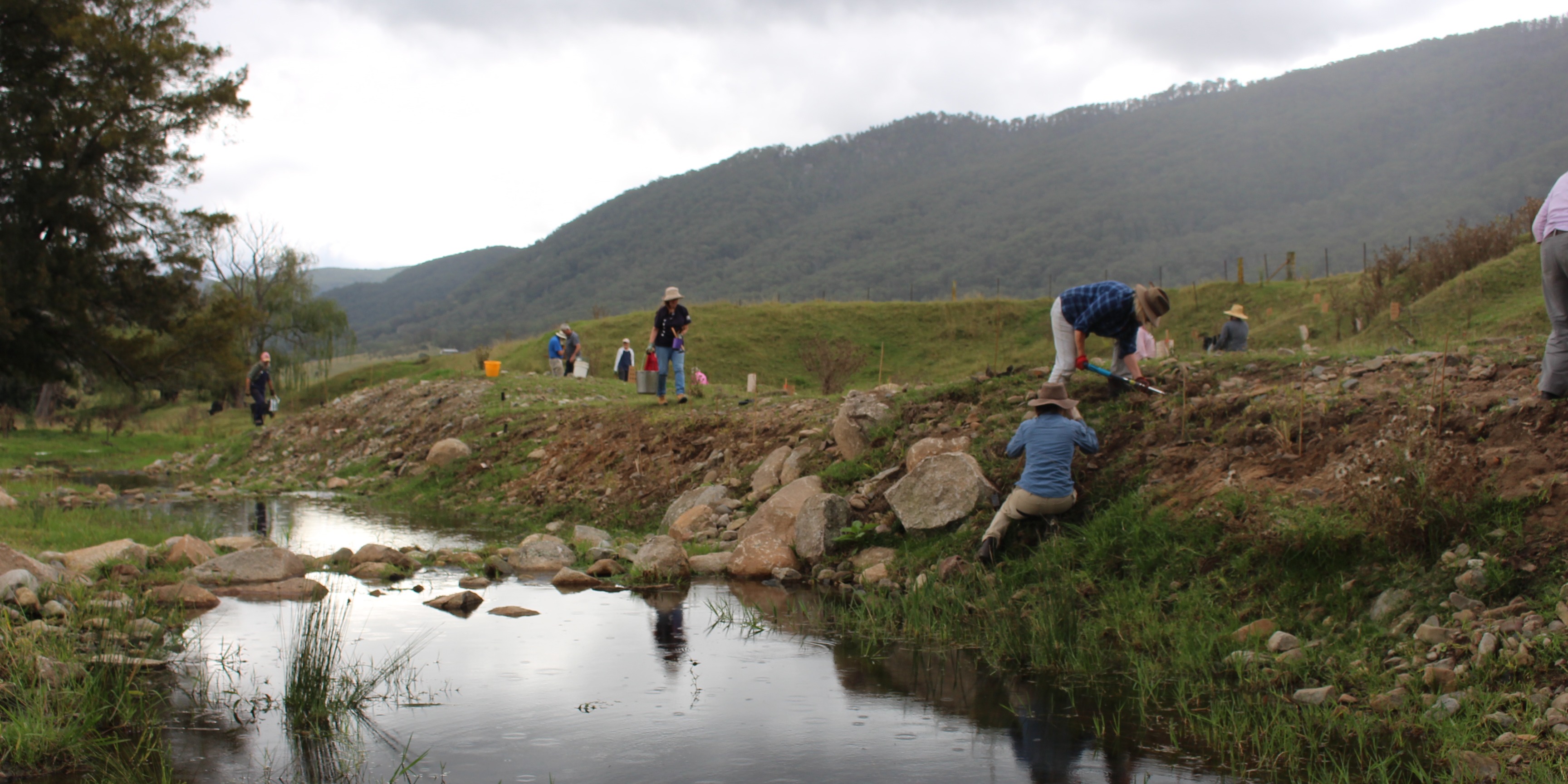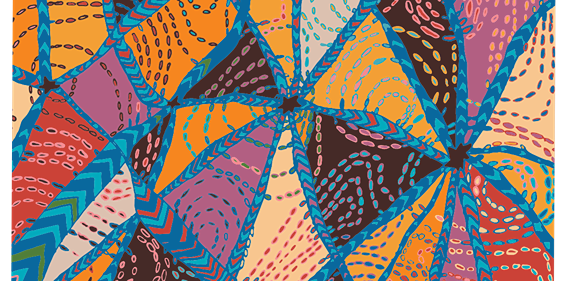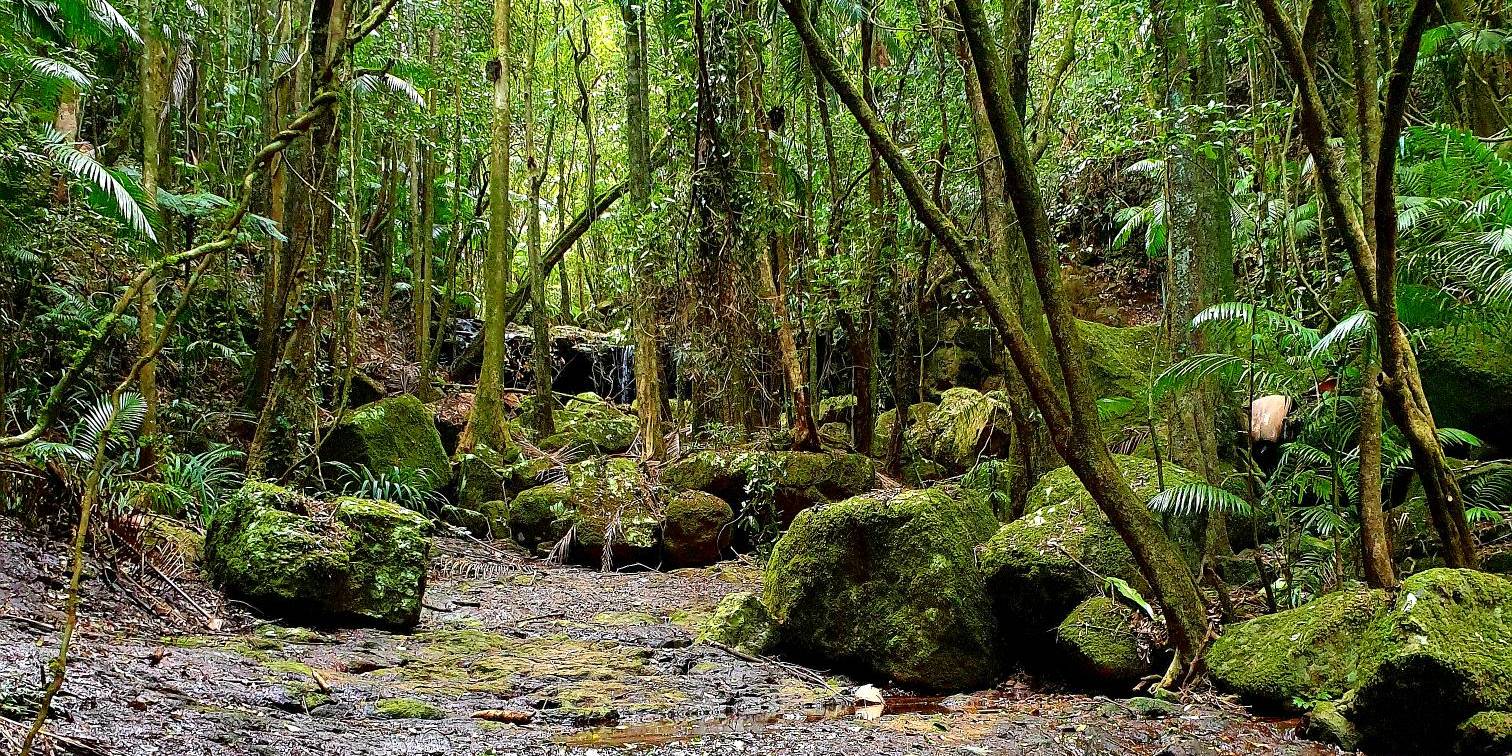About this case study
Drought
Communities
Advocacy and research
In December 2019, as Uralla’s dam dropped below 30 per cent, the town faced an unexpected water emergency.
For over four months our town was reliant on bottled water. People cooked their pasta, brushed their teeth and made their daily cuppa with water trucked into the town.
Sandra Eady, Treasurer, Z-NET Uralla
Just before Christmas 2019, following record low rainfall and higher-than average temperatures, water supplies in the northern New South Wales town of Uralla were dwindling.
As the town readied for a bumper tourist season, a do-not-drink advisory was issued after a spike in arsenic was detected in the water. The town had to turn to Plan B and bottled water – up to 40,000 kilolitres a day – was trucked in from Sydney.
“We became known as the town with the poisoned water. People avoided our town. They didn’t stop to buy beer from our microbrewery or coffee from the local café,” says Z-NET Uralla’s Treasurer, Sandra Eady.
By February 2020, as smoke shrouded much of NSW, water levels in the town’s Kentucky Creek Dam had dropped below 30 per cent – the first time since the dam was raised in the 1980s. It would be more than four months before the do-not drink advisory was lifted.
With water security the town’s hot topic, Z-NET Uralla embarked on a project, in collaboration with the University of NSW Global Water Institute and Uralla Shire Council, to explore community options for water security.
The town of Uralla, which lies 22 kilometres south-west of Armidale, is home to around 2,400 people. The larger Uralla Shire, spanning 3,229 square kilometres, has a 6,000-plus population. People in the shire have a “sophisticated understanding of water,” says Sandra.
“We are very close to our water supply. Everyone knows where the dam is and roughly how much water is in it.” Everyone had an opinion about solutions, so Z-NET Uralla decided to map community values and possible responses to water scarcity.
Professor Matthew Kearnes and Professor Stuart Khan from UNSW’s Global Water Institute were enlisted to provide technical expertise, and as a first step, Z-NET Uralla surveyed 229 residents on nine options for future water security.
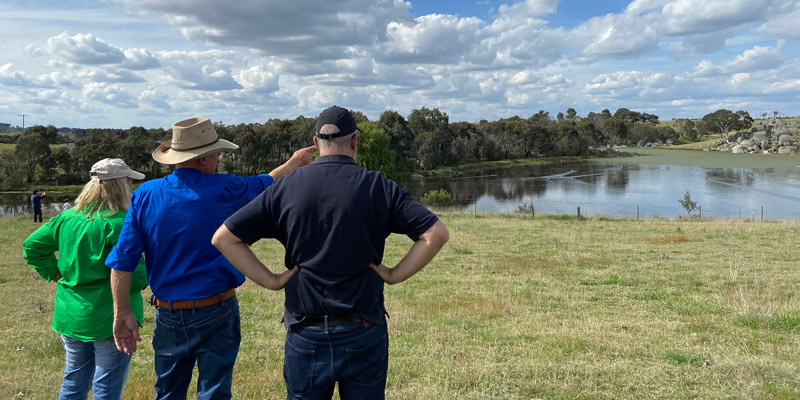
The options ranged from sinking bores to increasing the number of rainwater tanks, and from cleaning silt out of the dam to recycling water for non-drinking purposes.
People were asked to rate each option from “no way” to “excellent”. Investment in rainwater tanks and water recycling were received most favourably, with taking no action receiving a “resounding no,” Sandra says.
The survey was followed with four focus groups, which engaged small rural landowners, town residents and catchment landholders. Z-NET Uralla also hosted 13 community workshops and events, and conducted additional interviews with 21 stakeholders to dive deep into the issue of water scarcity and security.
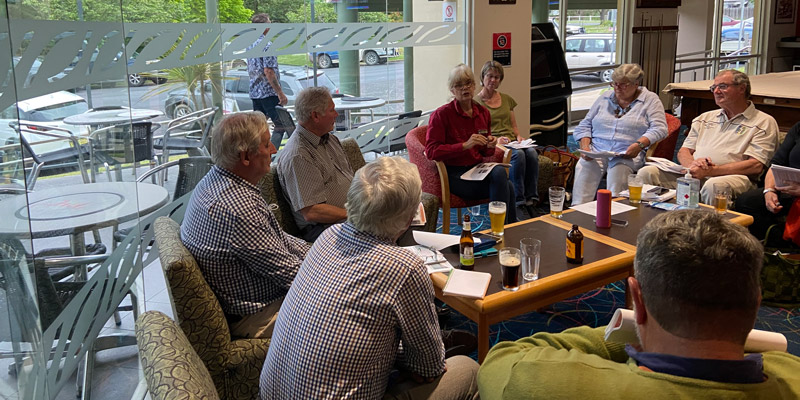
Solving the water security challenge is “not straightforward” and none of the options will work in isolation, Sandra notes. Rainwater tanks, on their own, don’t address the issue “because everyone still runs out about the same time, just slightly later, and gardeners save their rainwater for their precious plants”. Recycling for non-drinking simply means golf courses and bowling greens are watered for longer. Sinking new bores may simply redirect water from the dam.
“Some residents saw raising the dam wall as the solution because it fixed our problems last time. Others liked the idea of more rainwater tanks because they are embedded in the rural psyche.”
But the aim of the project was not to provide recommendations of technical solutions.
“We called this project Let’s Talk About Water, because our job was to look at what our community felt about the options. Council now has information on community concerns and can put together a strategy that acknowledges those concerns.”
The results of the survey, coincidentally, were released as candidates were lining up for local election. Z-NET Uralla used this opportunity to brief all candidates on the findings “because we wanted them to understand what the community thought about water policy options”.
Council is now working on a strategy to address the complex issue of water security.
Our advice to other communities is to keep your options open. Don’t let your council staff be the only voice in shaping decisions because there is a lot of creativity out there in the community and people want to work together to find water security solutions.
Sandra Eady, Z-NET Uralla
This project was funded by an Increasing Resilience to Climate Change grant from the NSW Government.
